Top Class Actions’s website and social media posts use affiliate links. If you make a purchase using such links, we may receive a commission, but it will not result in any additional charges to you. Please review our Affiliate Link Disclosure for more information.
“Made in the USA” is one of the most common advertising claims made by those who sell products in the US to attract American consumers; however, just because the claim is made doesn’t mean it’s true. Many lawsuits have been filed against companies and manufacturers who falsely claim that their products were made in the USA. In addition to legal action by consumers, these companies could face action from the Federal Trade Commission (FTC). The FTC is charged with monitoring and verifying “Made in the USA” statements made by manufacturers and other companies.
How Do You Know if a Product Is Made in the USA?
One way to determine if a product is made in the USA is simply to trust the labeling. The FTC sets out guidelines for how “Made in the USA” claims can be made and when they have to be honored. Specifically, anytime a label claims or implies that a product was made in the USA, that claim is subject to FTC requirements and must meet the “all or virtually all” standard.
One exception to the FTC’s made in the USA requirements is brand names commonly associated with the U.S. If an U.S.-based company sells items under their brand name, those items don’t have to meet the made in the USA guidelines. That is unless the brand name is “Made in the USA”. Simply being a well-known American company isn’t enough to trigger the FTC requirements.
What Are the Made in the USA Label Requirements?
For those products whose labeling expressly states or implies that they were made in the USA, they must meet the “all or virtually all” standard which states that “all or virtually all” of a product must be manufactured in the United States. According to the FTC, this includes all 50 states as well as D.C. and U.S. territories. From another angle, this guideline means that only a product claiming to be made in the USA must include no or negligible foreign components. A manufacturer may be required to show “competent and reliable evidence” to back up their “all or virtually all” claim.
 What Is the Role of the FTC?
What Is the Role of the FTC?
According to the FTC, their role is to prevent “deception and unfairness in the marketplace”. As a part of this role, the agency can penalize those who violate the made in the USA requirements using law enforcement actions. The FTC is responsible for monitoring “made in the USA” claims, providing manufacturers with information on how to meet the guidelines regarding these claims, and investigating consumer complaints.
How Does the FTC Regulate Products Claiming to Be Made in the USA?
In order to regulate products claiming to be made in the USA, the FTC works with the U.S. Customs Service and consumers. The U.S. Customs Service serves the opposite role as the FTC in the case of made in the USA claims: they mark goods entering the U.S. with a foreign country of origin. The country of origin for a product, according to the Customs Service, is the last country in which the product underwent a “substantial transformation”.
However, the FTC states that just because the Customs Service didn’t require a product to include a foreign country of origin, that doesn’t mean that product was made in the USA. The standards needed to be met to make a “made in the USA” claim exceed those that exempt a product from a foreign origin label.
Further monitoring is done via consumer complaints. If you suspect that a product is in violation of FTC labeling requirements and guidelines, you can file a complaint with the Division of Enforcement, Bureau of Consumer Protection, Federal Trade Commission. You can also contact your state Attorney General or the Better Business Bureau to report a company you believe to be mislabeling products.
Should You File a Lawsuit for False Advertising?
If you feel you purchased a product under false pretenses, you may be able to take legal action against the company that sold you that product or the company responsible for its manufacturing. In one such case, Bigelow Tea is currently facing scrutiny regarding claims that its products are “Manufactured in the USA 100% American Family Owned”. Truth in Advertising reports that specific Bigelow tea products don’t meet the requirements needed to legally make “made in the USA” claims.
Join a Bigelow Tea ‘Made in USA’ Class Action Lawsuit Investigation
If you have purchased one of the Bigelow Tea products listed above, the tea you purchased may not have been made in the USA like the labeling claimed, and you may qualify to participate in a Bigelow Tea ‘Made in USA’ class action lawsuit investigation.
Consulting an attorney can help you determine if you have a claim, navigate the complexities of litigation, and maximize any potential recovery.
This article is not legal advice. It is presented
for informational purposes only.
ATTORNEY ADVERTISING
Top Class Actions is a Proud Member of the American Bar Association
LEGAL INFORMATION IS NOT LEGAL ADVICE
Top Class Actions Legal Statement
©2008 – 2024 Top Class Actions® LLC
Various Trademarks held by their respective owners
This website is not intended for viewing or usage by European Union citizens.

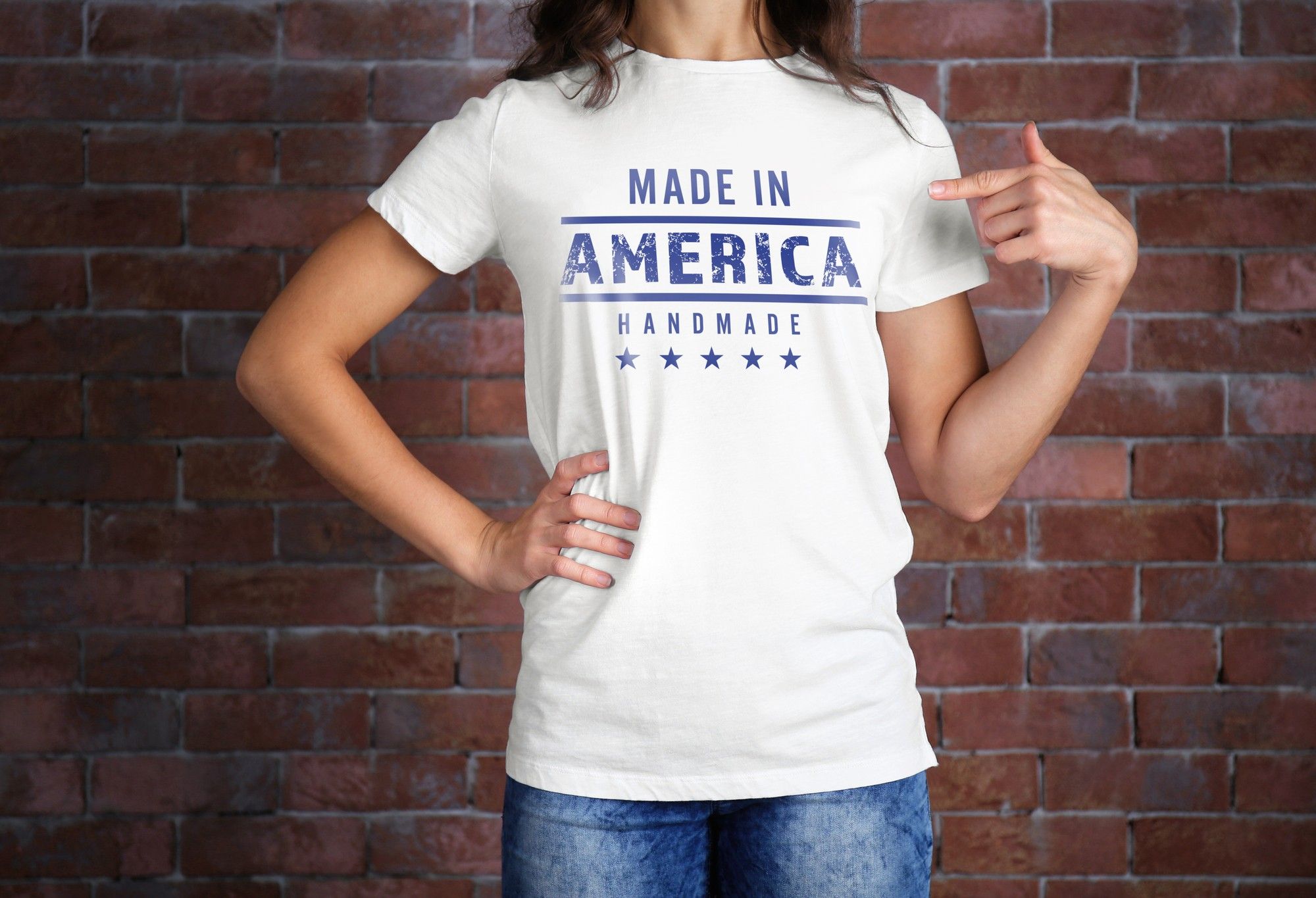
 What Is the Role of the FTC?
What Is the Role of the FTC?

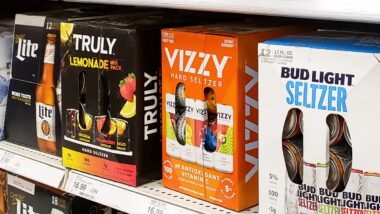
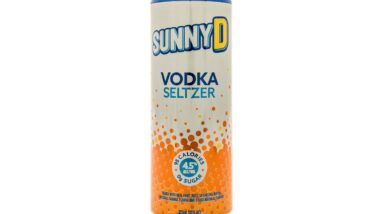


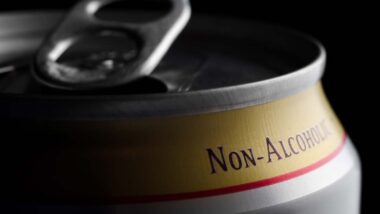

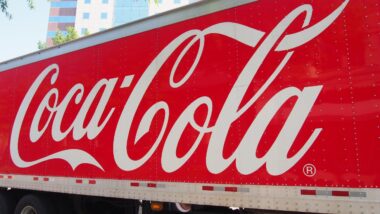
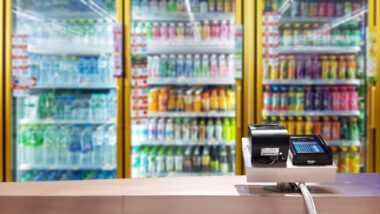
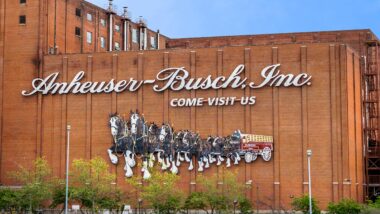

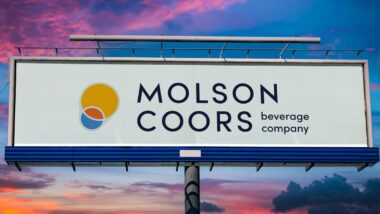
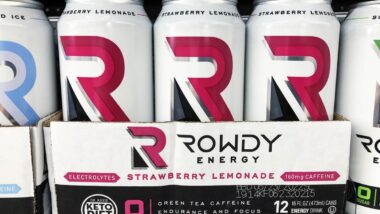
6 thoughts onHow Does the FTC Regulate Products Claiming to be Made in the USA?
Please add me.
Add me please
add me in
Add me
Add me
Please add me. I drink Bigelow tea on a daily basis. I have multiple sclerosis and I am very careful about what I eat and drink. I have to read labels a little more closely from now on.